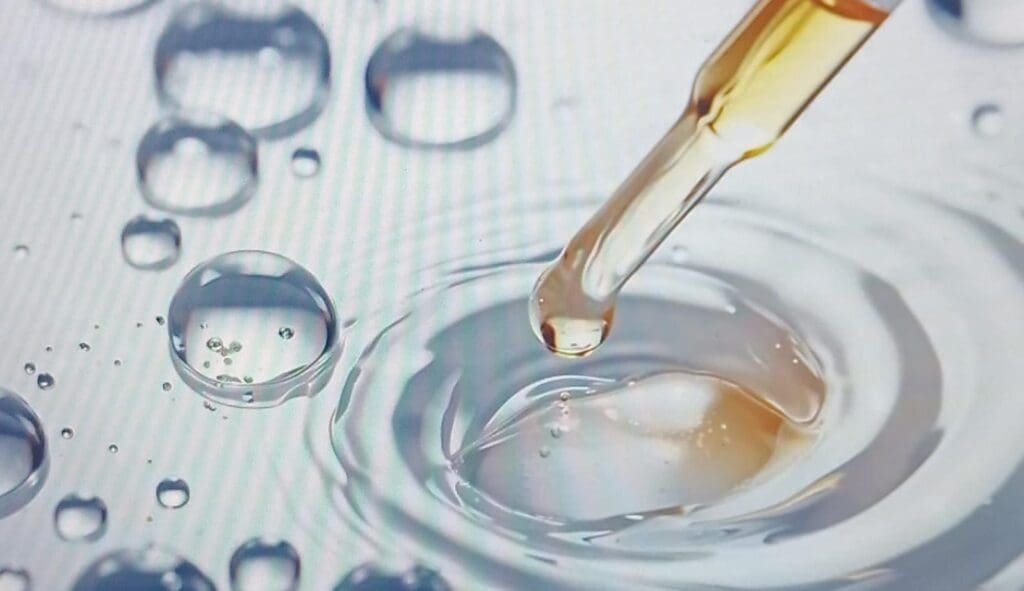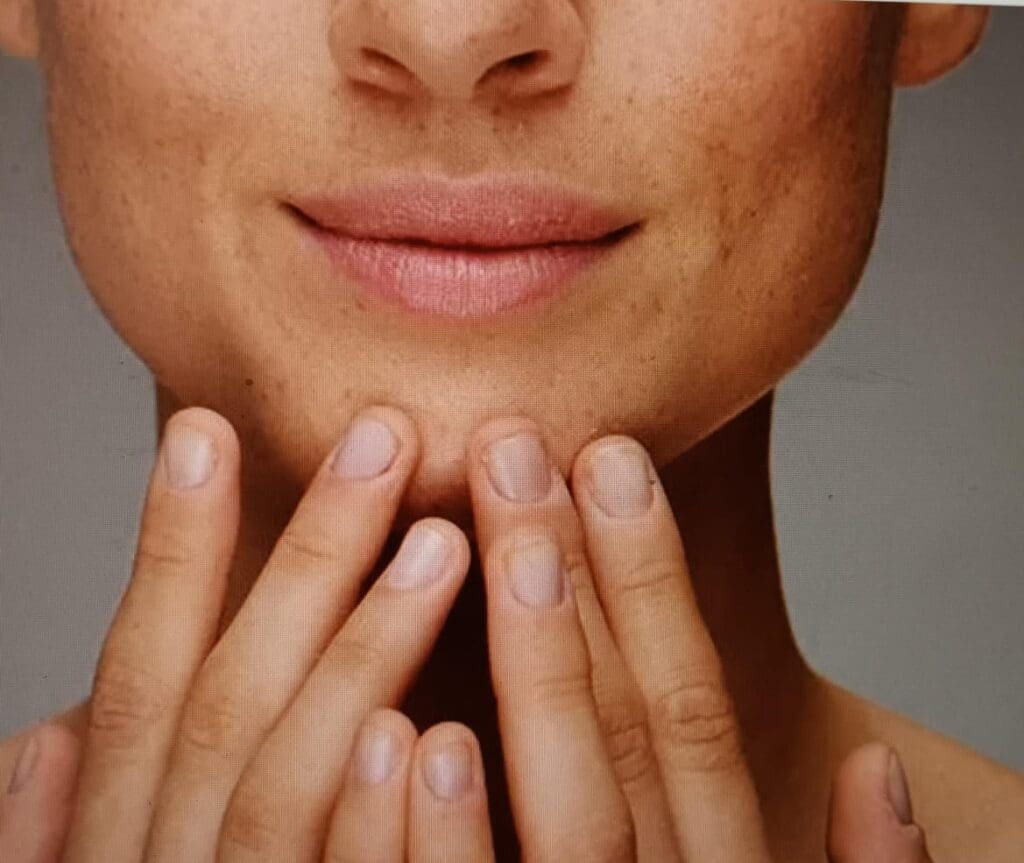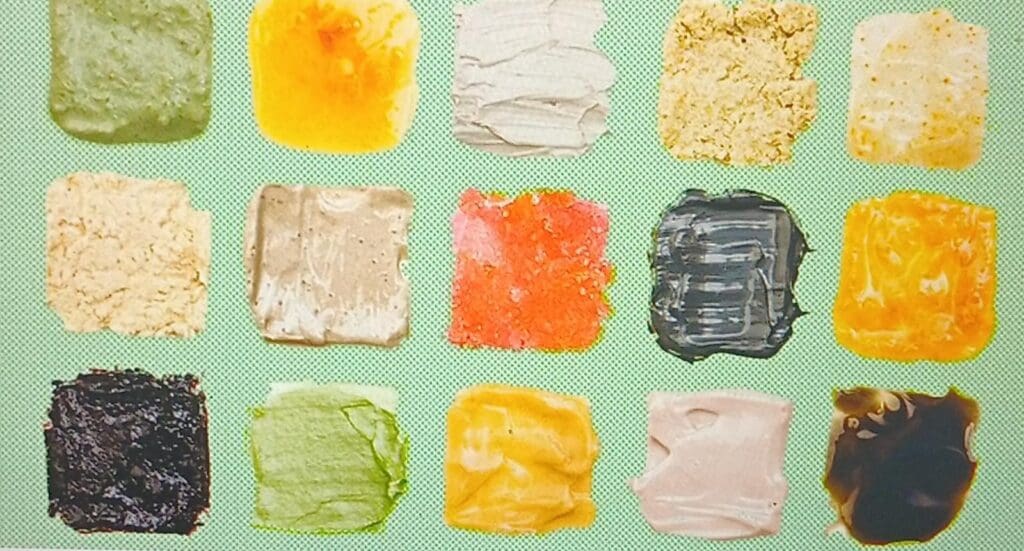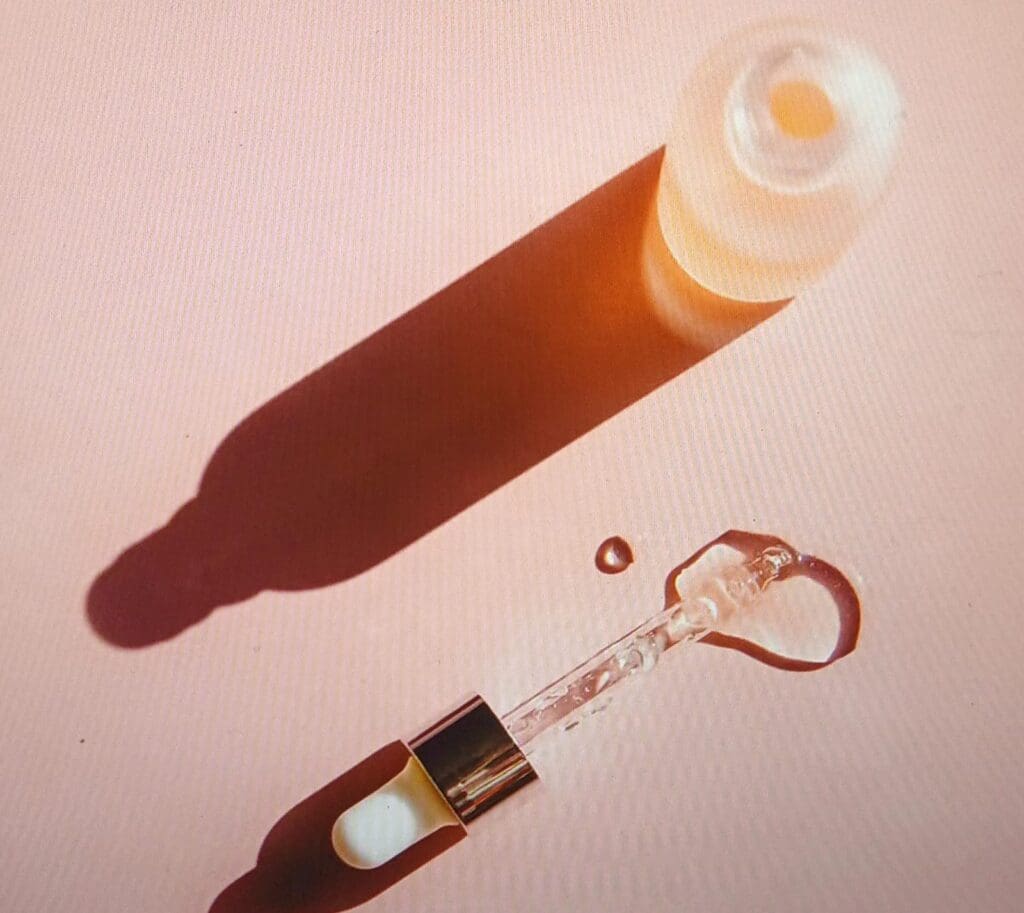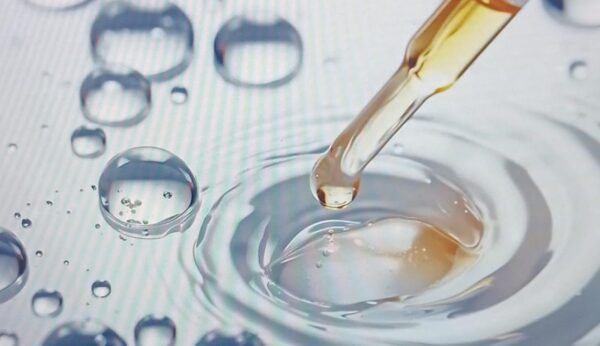
The Ultimate Guide to Hyaluronic Acid: How It Reduces Wrinkles and Enhances Anti-Aging
Aging gracefully does not mean we have to embrace every wrinkle.
Thanks to modern skincare innovations, we can tackle fine lines and maintain youthful, glowing skin.
One ingredient making waves in the anti-aging world is hyaluronic acid (HA).
Renowned for its ability to hydrate and plump the skin, HA has become a staple for anyone looking to reduce the appearance of wrinkles and enhance their skincare routine.
In this article, we will explore how hyaluronic acid works, its anti-aging benefits, and how it compares to the gold standard of anti-aging—retinol.
What is Hyaluronic Acid and Why Does Your Skin Love It?
Hyaluronic acid is a naturally occurring molecule in the body that acts like a sponge, attracting and holding water to keep tissues hydrated.
Over 50% of the body’s hyaluronic acid is found in the skin, where it helps maintain moisture, elasticity, and structure.
As we age, our natural hyaluronic acid levels deplete, leading to dryness, sagging, and the formation of wrinkles.
This is where topical or injectable hyaluronic acid steps in to replenish moisture and restore volume.
How Hyaluronic Acid Reduces Wrinkles
While hyaluronic acid is not a miracle worker for deep wrinkles, it plays a significant role in improving the skin’s appearance:
1. Hydration and Plumpness
Hyaluronic acid’s primary function is hydration. A single molecule can hold up to 1,000 times its weight in water, ensuring that your skin stays hydrated throughout the day. When skin is well-hydrated, it appears plumper, which helps to smooth out fine lines and make wrinkles less visible.
2. Supports Skin Barrier Function
A compromised skin barrier can exacerbate signs of aging. Hyaluronic acid helps strengthen the skin’s protective barrier, locking in moisture and preventing damage caused by environmental factors like pollution and UV rays.
3. Improved Skin Elasticity
By keeping the skin supple and hydrated, hyaluronic acid promotes elasticity, reducing the chance of wrinkles forming due to repetitive facial movements.
How Hyaluronic Acid Enhances an Anti-Aging Routine
Hyaluronic acid does not just help with wrinkles; it transforms the way your skin looks and feels.
Works for All Skin Types: Unlike some potent anti-aging ingredients that can irritate sensitive skin, hyaluronic acid is gentle and suitable for everyone.
Boosts the Effectiveness of Other Products: Hyaluronic acid acts as a delivery vehicle, helping other active ingredients penetrate deeper into the skin.
Immediate Results: Unlike ingredients that take weeks to show effects, HA provides instant hydration and a plump, dewy finish.
Retinol vs. Hyaluronic Acid
When it comes to anti-aging, retinol is often regarded as the ultimate powerhouse. Derived from Vitamin A, retinol works by increasing cell turnover, boosting collagen production, and fading hyperpigmentation.
While hyaluronic acid cannot replicate retinol’s collagen-boosting abilities, it complements it beautifully. Here is how the two work together:
Retinol Repairs; HA Hydrates: Retinol works beneath the surface to stimulate collagen and smooth wrinkles, while hyaluronic acid ensures the skin remains hydrated and soothed.
Minimizes Retinol Side Effects: Pairing hyaluronic acid with retinol reduces the dryness and peeling often associated with retinol use, making it a gentler experience.
By combining these two ingredients, you can tackle aging from both angles: repair and hydration.
The Science-Backed Benefits of Hyaluronic Acid for Anti-Aging
1. Reduces Fine Lines and Wrinkles
Clinical studies have shown that hyaluronic acid can improve skin smoothness and elasticity in as little as 8 weeks. Its hydrating properties help to “fill in” fine lines, creating the illusion of smoother skin.
2. Boosts Collagen Production
While not a direct collagen stimulator like retinol, hyaluronic acid plays a supportive role by creating an optimal environment for collagen synthesis.
3. Enhances Skin Healing
If your skin has been damaged by sun exposure or harsh treatments, hyaluronic acid can accelerate healing, making it a valuable addition to an anti-aging regimen.
How to Use Hyaluronic Acid for Maximum Results
To reap the full benefits of hyaluronic acid, follow these tips:
Layer It Correctly
Apply hyaluronic acid to damp skin to enhance its water-binding ability. Seal it in with a moisturizer to prevent moisture loss.
Don’t Forget Sunscreen
While hyaluronic acid hydrates, it doesn’t protect against UV damage. Always wear sunscreen during the day to prevent further aging.
Choosing the Right Hyaluronic Acid Product
With so many options on the market, how do you pick the best hyaluronic acid product?
Look for Multi-Molecular HA: Products with varying molecular weights penetrate different layers of the skin, providing both surface and deep hydration.
Check the Ingredient List: Ensure HA is listed near the top of the ingredient list to guarantee a higher concentration.
Opt for Serums: HA serums are typically more concentrated and effective than creams or moisturizers.
FAQs
Can hyaluronic acid replace retinol in an anti-aging routine?
No, hyaluronic acid and retinol serve different purposes. While retinol addresses the root causes of aging, HA provides immediate hydration and plumping effects. Use them together for best results.
How often should I use hyaluronic acid?
Hyaluronic acid is safe to use daily, both morning and night.
Can young people benefit from hyaluronic acid?
Absolutely! HA isn’t just for mature skin. Starting early can keep skin hydrated and delay the onset of visible aging.
Can hyaluronic acid sometimes lead to more dryness?
Yes, if overused or applied without sealing it with a moisturizer, hyaluronic acid can actually pull water from your skin, leading to dryness. Always follow with a good moisturizer to lock in the hydration.
Can hyaluronic acid replace your moisturizer?
No, hyaluronic acid is not a replacement for a moisturizer. While it hydrates the skin, it needs to be sealed with a moisturizer to prevent water loss and keep your skin properly nourished.
Final Thoughts
Hyaluronic acid might not be the ultimate anti-aging ingredient, but it’s a game-changer in any skincare routine.
By keeping your skin hydrated, plump, and smooth, it works wonders in reducing the appearance of fine lines and wrinkles. When paired with retinol and a comprehensive skincare regimen, hyaluronic acid can help you achieve youthful, glowing skin that defies age.
Whether you are in your 20s and looking to prevent wrinkles or in your 50s aiming to minimize them, hyaluronic acid deserves a spot on your vanity. Don’t just take my word for it—try it and see the transformation for yourself.
Related:
8 Best Anti-Aging and Wrinkle Creams in Pakistan

Education: University of Peshawar
Ahmad Khan holds a Master’s degree in Chemistry and has been writing about skincare for over five years. With a deep understanding of ingredients and their impact on the skin, he enjoys sharing practical, science-based skincare advice. When not writing, he loves playing with his kids.
